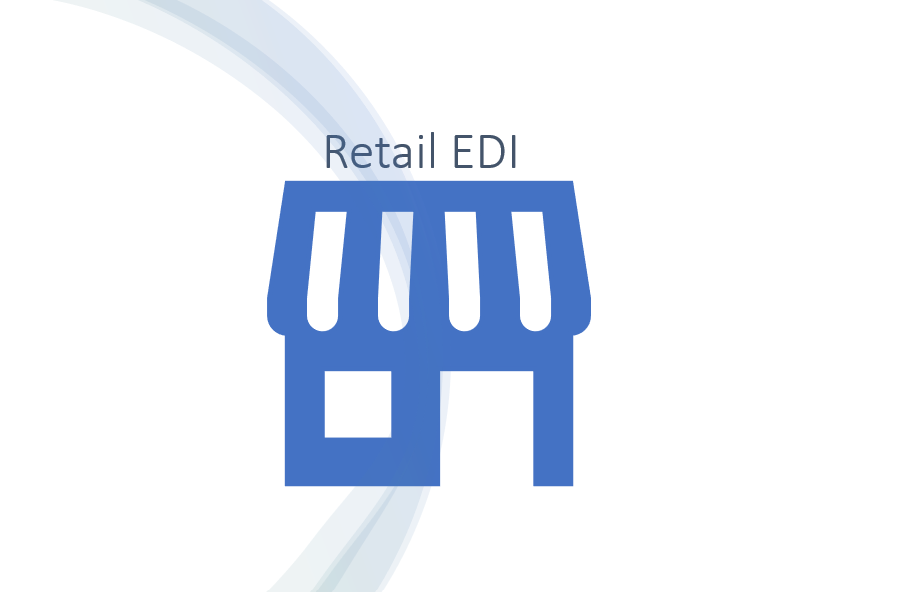EDI Managed Services in retail can often feel like navigating a labyrinth of complexities. This is where EDI managed services emerge as a beacon of efficiency, offering retailers a strategic partnership to navigate the intricacies of data exchange seamlessly. Let’s delve into why EDI managed services are indispensable in the retail industry.
Focus on Core Competencies
Outsourcing EDI management to service providers can free up valuable time and resources that can be redirected towards core business activities. Retailers can trust experts to manage EDI intricacies, freeing them to focus on growth and customer experiences.
Scalability and Flexibility
Retailers require scalable EDI solutions for market expansion, partner onboarding, and demand fluctuations. Managed service providers offer flexible solutions that can be tailored to accommodate fluctuations in transaction volume. This can be done without the need for costly infrastructure upgrades or IT investments. This scalability ensures that retailers can adapt swiftly to changing market conditions and seize new opportunities for growth.
Enhanced Reliability and Performance
In retail, reliability is crucial; disruptions in EDI operations can cause delays, stockouts, and customer dissatisfaction. Managed providers ensure system reliability. Basically, by leveraging best-in-class infrastructure, redundant connectivity, and proactive monitoring to minimize downtime and maximize uptime. By entrusting their EDI operations to experienced professionals, retailers can rest assured that their critical business processes are in safe hands, 24/7.
Compliance and Risk Management
Navigating the regulatory landscape is a constant challenge for retailers. This is because compliance requirements evolve rapidly across geographies and industries. EDI managed service providers offer invaluable support in navigating this regulatory maze, staying abreast of changing requirements and ensuring that retailers remain compliant with industry standards and regulations. Managed providers employ strong security measures, safeguarding sensitive data from breaches and ensuring compliance through encryption and transmission.
Cost Savings and Predictable Costs
Managed service providers offer a cost-effective alternative to in-house EDI operations, eliminating the need for costly infrastructure investments, software licenses, and dedicated IT staff. With predictable subscription-based pricing models, retailers can accurately forecast their EDI-related expenses. Therefore, they can avoid unexpected costs and budget overruns. Managed providers enable retailers to save costs without sacrificing quality by leveraging economies of scale and sharing expenses.
Conclusion
In the hyper-competitive world of retail, where margins are razor-thin and customer expectations are sky-high, efficiency is the name of the game. EDI managed services in retailer allow for a strategic partnership to navigate the complexities of data exchange seamlessly. This frees up valuable time and resources, ensuring scalability and flexibility, enhancing reliability and performance, managing compliance and risk, and achieving cost savings. Basically, by entrusting their EDI operations to experienced professionals, retailers can unlock new levels of efficiency, agility, and competitiveness in an ever-evolving market landscape.
Reach out to us if you are in retail and looking to make business decisions related to EDI!
- Reducing Errors: Why Understanding EDI Document Types Matters - December 8, 2025
- EDI Implementation Guide for Small Businesses - December 4, 2025
- A Beginner’s Guide to EDI - November 24, 2025

